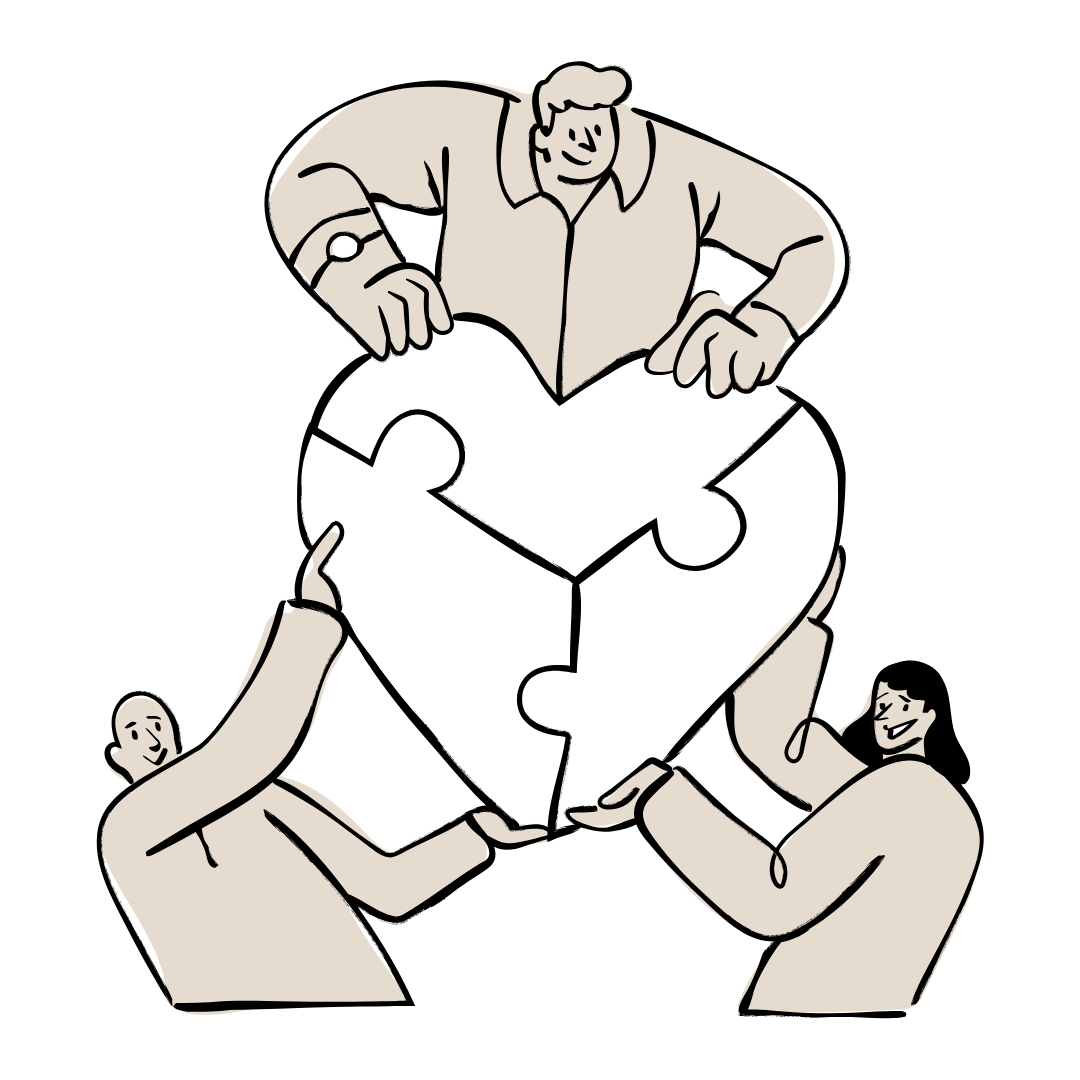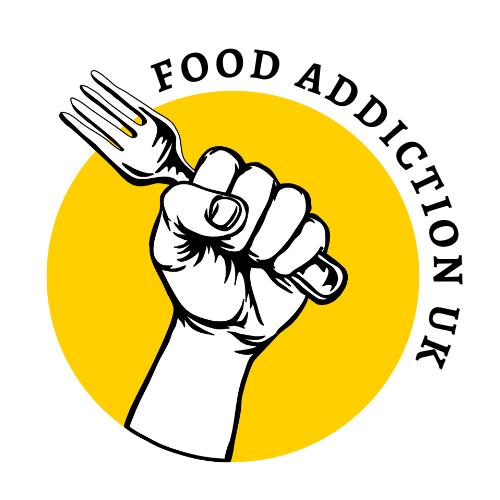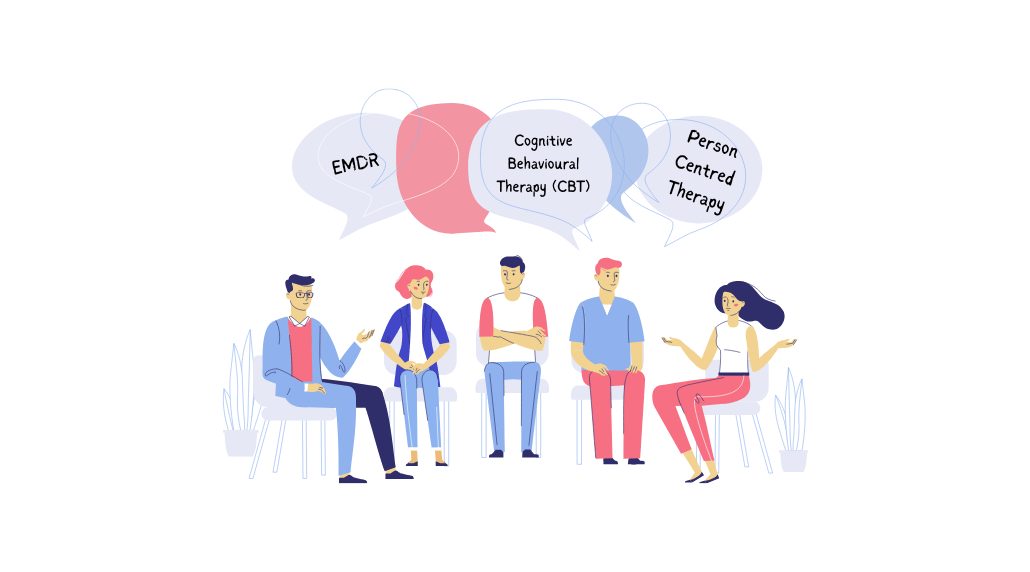The Role of Spirituality in Food Addiction Recovery
Recovery from food addiction isn’t just about changing what’s on your plate, it’s about healing what’s going on beneath the surface. For many people, food has become a way to cope, to soothe, to fill emotional and spiritual voids that life has left unaddressed. That’s why for some, spirituality can be a powerful and transformative part of the healing journey.
Whether or not you follow a specific religion, exploring a sense of connection, meaning, and inner peace can offer comfort, guidance, and resilience in recovery. In this post, we will explore what spirituality really means in this context, how it can support your journey, and gentle ways to bring it into your life, whatever your beliefs are.
What Do We Mean by “Spirituality”?
Spirituality doesn’t have to mean organised religion or strict rituals. It can be very personal and deeply individual. At its heart, spirituality is about seeking connection - to yourself, to others, to nature, to something greater than your day-to-day struggles.
It might include:
A belief in a higher power or life force
A connection to nature or the universe
Practising stillness or mindfulness
Living according to your personal values
Seeking purpose or meaning beyond food or appearance
Spirituality offers a sense of belonging, direction, and hope - all things that can be incredibly grounding in food addiction recovery.
Why Is Spirituality Helpful in Recovery?
1. It Gives You a Bigger Perspective
Food addiction can make your world feel very small, consumed by cravings, guilt and secrecy. Spirituality gently expands your focus. It invites you to zoom out and remember that you are more than your body, your past, or what you ate today. You are worthy, whole, and part of something bigger.

2. It Encourages Surrender, Not Control
Many people with food addiction struggle with control, either clinging to it or feeling completely out of it. Spirituality teaches the power of letting go. Surrender doesn’t mean giving up. It means releasing the idea that you have to do this all alone. Surrender might sound like:
“I’m doing the best I can, and that’s enough for today”
“I trust that healing is possible, even if I don’t have all the answers right now”
This mindset can be deeply soothing in moments of chaos or cravings.
3. It Helps You Reconnect With Your Values
In recovery, it’s easy to feel lost or uncertain, especially if food has been your main coping mechanism. Spirituality brings you back to your core values: kindness, honesty, compassion, patience. These values can guide your choices and help you build a life that feels meaningful and nourishing.

4. It Offers Hope
When things feel dark, spirituality can be the light. Even a small, quiet belief that you are being guided or that better days are ahead can help you keep going. You don’t have to have unwavering faith, just a flicker of hope is enough.
Spiritual Practices That Can Support Recovery
Mindfulness or Meditation
Simply sitting in stillness for a few minutes a day can help you reconnect with yourself and your breath. It can quiet the noise of cravings and reconnect you with your body’s deeper needs.Gratitude Journaling
Noticing even one or two things you are grateful for each day helps shift your focus from shame and frustration to presence and possibility.Spending Time in Nature
Walks outside, feeling the sun on your skin, noticing the rhythm of the season - these can remind you that you’re part of something bigger and more beautiful than any one bad day.Prayer or Reflection
If you’re spiritually inclined, prayer can be a source of comfort and connection. If not, simple reflection, such as asking yourself “What do I need today to feel nourished?” can be just as powerful.Acts of Service or Kindness
Helping others, even in small ways, lifts your focus from food and body worries and reinforces your sense of value and purpose.
Letting Go of Shame and Welcoming Self-Compassion
Many people raised in religious or spiritual environments have absorbed a lot of shame around food, body image, or “lack of control.” Part of healing your relationship with food might involve healing your relationship with spirituality too. If this is your experience, you’re not alone. You have the right to explore spirituality in a way that feels kind, healing, and empowering, not punishing or restrictive. Recovery isn’t about being perfect. It’s about being honest, open, and willing to try something different. Spirituality in recovery should feel like a warm hand on your shoulder, not a rulebook to live up to.
Final Thoughts: You Are Not Powerless
Food addiction recovery is not just physical and mental, it’s emotional, social, and even spiritual. You are not just learning to eat different, you’re learning to live differently. To feel more, to connect more, to love yourself more. Whether your spirituality comes from a traditional faith, nature, quiet reflection, or simply a belief in your own resilience, it can become a steady, grounding force on your path. You’re not walking this road alone. There is something with you, perhaps beyond you, that wants you to heal.
Copyright © 2025 · Food Addiction UK



